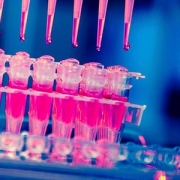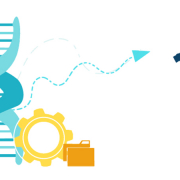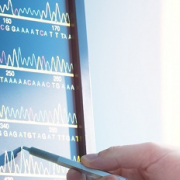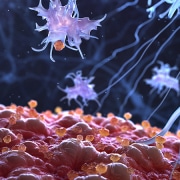Stories of rare disease: Sara and Freya
In this fourth and final instalment of our rare disease blog series, we look at what happened when Sara received an unexpected diagnosis from her daughter Freya’s whole genome sequencing
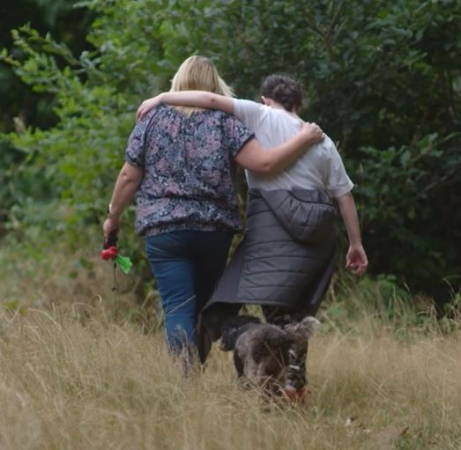 When Freya was six months old, her mum Sara realised that she wasn’t showing the developmental progress she should have been. Freya was subsequently referred to the local children’s hospital, where she underwent brain scans.
When Freya was six months old, her mum Sara realised that she wasn’t showing the developmental progress she should have been. Freya was subsequently referred to the local children’s hospital, where she underwent brain scans.
When no diagnosis was reached from these initial scans, clinicians recommended that Freya undergo whole genome sequencing as part of the 100,000 Genomes Project. This, they explained, would involve taking blood samples from Freya, Sara and Freya’s father.
Giving consent
During their appointment with a consultant clinical geneticist, Sara and her husband were informed that the sequencing, aside from giving a possible cause for Freya’s learning disabilities, might raise issues that directly impacted the two of them. The consultant explained that these were known as additional findings.
“We could find out if we were going to get cancer, what risk we are for later on in life,” Sara recalls. “[The consultant] did actually ask us, if they did find anything, whether we’d want to be told.”
Unfortunately, cancer runs in Sara’s family: her father died of bowel cancer. Having had the implications of testing explained to them, she and her husband both decided that they would want to know if they were predisposed to cancer, and therefore consented to having any positive results shared with them.
An unexpected diagnosis
Of course, providing informed consent in this way doesn’t make it any less shocking when additional findings are uncovered. When the family’s results were returned, there were no genomic causes found for Freya’s learning disabilities but Sara was diagnosed with Lynch syndrome, an autosomal dominant inherited condition that significantly raises the individual’s chance of developing colorectal cancer and, in women, endometrial and ovarian cancer.
“Only through Freya has it all come to light,” Sara says. As a result of her diagnosis, she is considering her options to reduce her risk of cancer – from regular screening to a hysterectomy – and other family members have started asking her about how to get tested themselves.
“If I hadn’t done the test in the first place, I never would have known anything about it,” Sara says. “Everything is in place now, all the checks can be done and it just makes you feel more at ease.”
Watch this video to hear Sara telling her family’s story in her own words.
Thank you for joining us for this special blog series in honour of Rare Disease Day 2023. If you have been affected by any of the stories in this series, or you want some more information about rare disease, visit the Rare Disease Day website.
To learn more about how genomics can be applied in the diagnosis, treatment and prevention of rare disease, you can register for our online course or visit our rare disease education hub.
–



